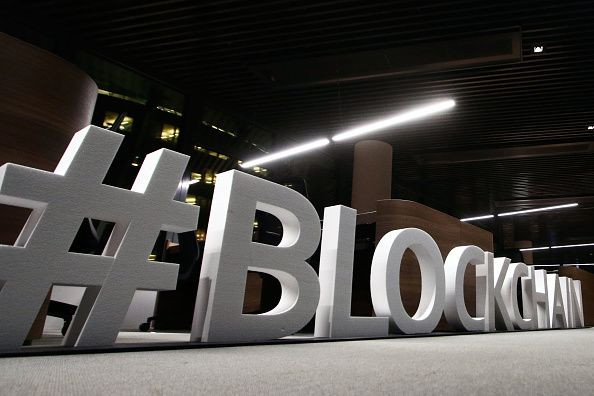Facebook’s Cryptocurrency Shows The Need To Embrace Blockchains

It didn’t take long for authorities around the world to react with concern to the unveiling of Facebook’s cryptocurrency, Libra. On Friday, U.S. President Donald Trump himself criticized the project, saying it will have “little standing or dependability.” The backlash parallels regulatory trepidation around the crypto markets generally. After all, there have been plenty of bad headlines around scams, fraud and theft in crypto. Plus, it doesn’t take much imagination to see the potential of digital currencies to disrupt the established ways banks have done business for centuries.
Government regulators, bankers, and politicians, including the president, have focused on concerns Facebook is seeking to use blockchain and cryptocurrency to skirt their controls and establish a private monetary system outside the reach of national authorities. While we can expect a mighty battle over this control, the debate is fundamentally a positive sign. The arguments from incumbents and disruptors will create a heightened awareness among the wider public over the potential for a future economy that can be far more decentralized. That may make centralized authorities queasy. But the trend is inexorable. It is better that they understand what is coming and learn how to help people benefit from this innovation instead of resisting in an effort to retain their vested interests.
Blockchains are increasingly gaining traction. Just as the Internet revolutionized the transfer of information, this emerging technology now brings greater transparency and security to the transfer of value, and often creates better efficiency too. Blockchains are divided into two broad but distinct categories -- public and private. Put simply, public blockchains manage the transfer of value in a decentralized way where no single group controls the network. On the other hand, private blockchains are organized by a central entity -- even when they are spread around the globe such as with Facebook’s Libra or the planned cryptocurrency of U.S. bank JP Morgan. The philosophies and passionate proponents behind these two types of blockchain can appear to be odds with each other. But the truth is there is a time and place for each, and neither variation is going away anytime soon. In reality, the best way to prepare for our future economy is to acknowledge the likelihood that both will co-exist, and work to build a world in which interoperability is as broad as possible.
Current economic systems rely heavily on powerful centralized authority figures that act as arbiters of truth. These gatekeepers -- banks, rating agencies, multinational corporations -- are given enormous sway to evaluate and make judgments on who is allowed to do what with whom. While these systems are likely to persist and see variations emerge such as Facebook’s Libra, decentralization offers a means of optimizing many economic and commercial functions without bringing down the system as a whole.
Regulators would do well to take advantage of blockchain benefits such as transparency and security. They should also support the advent of public blockchains, especially because the current economic infrastructure periodically suffers crises when banks that are deemed too big to fail (read too centralized) start to teeter. Bitcoin and Ethereum, as well as innovative newcomers such as Nervos Network, have built a strong foundation to help provide these decentralized alternatives.
Because blockchains have “permissionless” structures, users are not required to trust or defer to any single party. The network itself - the consensus of its users - is sovereign. A system relying on consensus across many “nodes” in a network has no single point of weakness for a bad actor to attack. Because cryptography renders information secure but anonymous, there is no need to share copious supporting information to prove a single point. This makes life safer and easier for individuals and removes the need for powerful gatekeepers.
Rather than a fortress with a heavy iron gate and a moat, a truly decentralized system is like a spider web. Each point of connection -- each node -- equally supports the entire structure, and removing or compromising a single node -- or even many -- will not destroy the whole. No one central actor controls the network, and transparency prevails.
It is understandable that regulators are signaling caution around Facebook’s Libra. They should scrutinize how a gargantuan organization with a record of misusing customers’ personal data plans to manage the digital money flow for so many people. Still, rather than indicating an inherent risk with blockchain and cryptocurrency, Libra and the ensuing debate will shed light on how the future economy can realize improved security, transparency, and efficiency by embracing decentralized alternatives.
(Kevin Wang is a Co-Founder of Nervos Network, a collection of protocols and public blockchain ecosystem designed for the store of value)
© Copyright IBTimes 2024. All rights reserved.





















